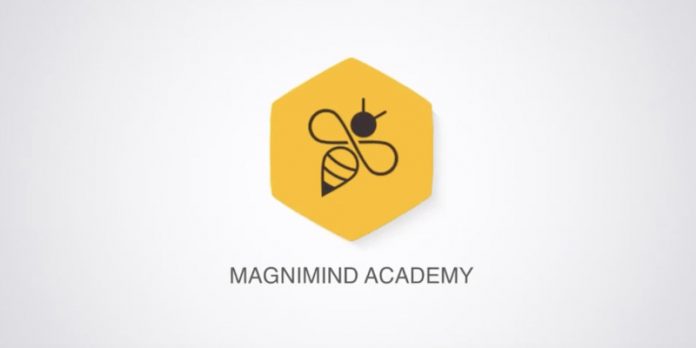With data science emerging as one of the hottest professions in the recent years, there’s an extremely high demand for data practitioners. However, many aspirants are bogged down by the myth that you need a Ph.D. or a Master’s in the field to become a data scientist. Those with very little statistics or programming skills too are often afraid of taking up courses in data science fearing they won’t find any use of what they learn. But in reality, if you have a passion for learning, can grapple with new challenges and persevere, you can learn data science in just 6 weeks data camp. And we don’t mean learning some basic things that won’t help you in getting a job. In 6 weeks, the right course can get you job-ready by teaching you the requisite skills and techniques covering an extensive range of data science topics such as Python, SQL, databases, methodologies, open source tools and libraries, data analysis, data visualization, and machine learning. With courses that have projects where real-world data sets and real data science tools are used, you can get hands-on practice and experience in the field, which will come handy while searching for data science jobs.
Structure of a typical 6-week course

Whether you come from the IT or design field with a bit of coding experience, or a completely unrelated field, a curriculum like the following can help to your data science learning path:
Week 1: Data science fundamentals
Apart from knowing what data science is, you will have tutorials from Python Foundations and Apache Spark from scratch. Then you will be taught how to get started with Apache Spark on Databricks.
Week 2: Explanatory Analysis
From explanatory data analysis, and statistics with Python to Spark APIs (both structured and unstructured), data extraction, and the importance of Spark architecture for big data and more, you will get to know a lot of things about data science.
Week 3: Machine Learning-I

Your lessons will start with linear regression and logistic regression, and then proceed to understanding evaluating models in data science and interpreting them. You will also learn how to choose the right model best suited for the task at hand. This week is likely to include some more lessons on Spark such as exploring and preprocessing the data with Spark, ways to do feature extraction using Spark etc.
Week 4: Machine Learning-II
You will delve deeper into machine learning this week to learn about support vector machines, as well as random forest and decision trees. You will also learn about using decision trees and linear regression with Spark.
Week 5: Machine Learning-III
From an introduction to clustering and the top clustering algorithms you need to know, to clustering with Spark, this week will keep you busy by teaching you the unsupervised machine learning technique. This week will also let you learn about dimension reduction or variable reduction techniques along with Principal Component Analysis (PCA).
Week 6: Projects
An intensive learning course in data science wouldn’t be complete without real-life projects. That’s exactly what you get to do during the last week after learning feature evaluation and cross validation, as well as hyper parameter optimization and tuning.
So, get started on your data science career by taking a 6-week course like the one above that will get you job-ready.
For further information of data scientist course syllabus, you can click here.




